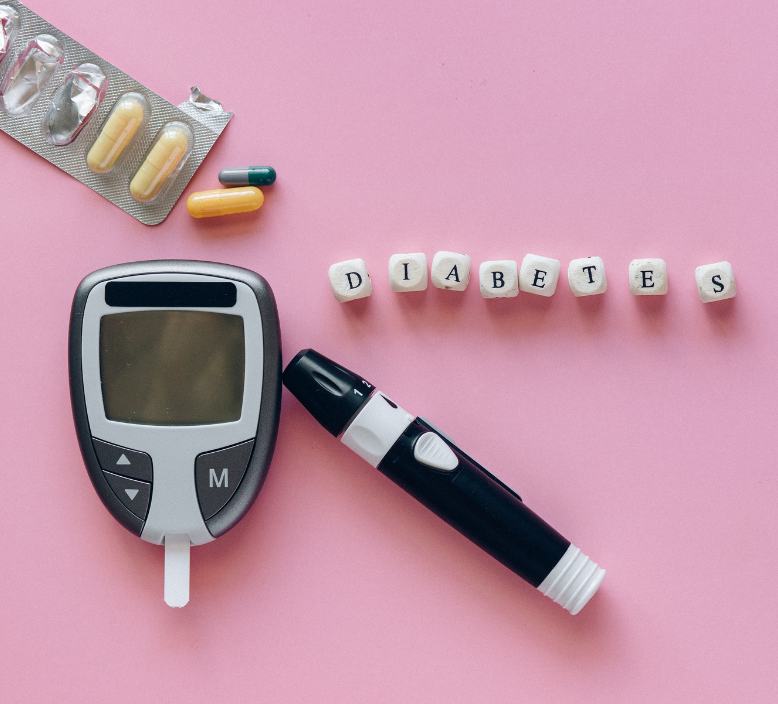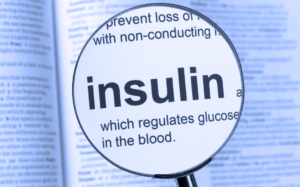Is Social Drinking Ruining My Health? 3 Tips to Practice Moderation
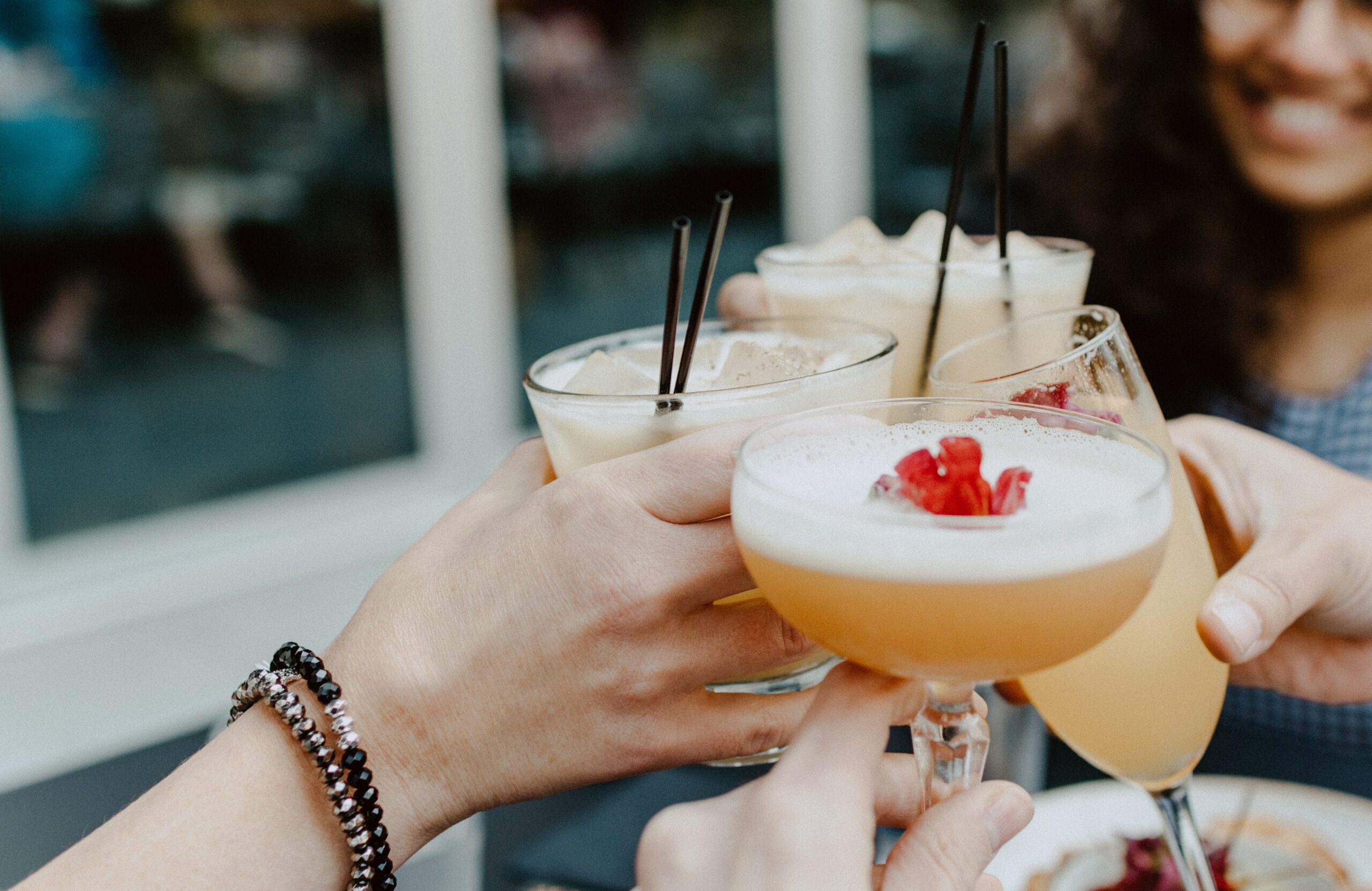

Alcohol consumption is a heavily debated topic among health experts. Some people can lead very healthy lifestyles while still consuming alcohol. And others demand that there is no healthy way to incorporate it. Social drinking is a popular pastime enjoyed by people around the world. It’s a part of almost every culture. It’s often seen as a way to unwind or celebrate big occasions. Wondering if social drinking is ruining your health?
Due to the addictive properties of alcohol, social drinking can quickly take a turn into a habit that negatively impacts your health.
Some of the biggest concerns are:
- How much alcohol is “safe” to drink per day?
- How does alcohol affect the brain long term?
- Is alcohol preventing me from reaching my fat loss goals?
- Does alcohol actually prevent fat loss or muscle gain?
Social Drinking vs Heavy Drinking
Before diving into health risks, we need to determine social drinking versus heavy drinking. How much is okay and how much is a deadly habit? Social drinking is consuming alcohol during social situations, such as a party or a dinner with friends. It is usually done in moderation – a small amount over a long period of time. Heavy drinking involves consumption of large amounts of alcohol in a short period of time- usually resulting in drunkenness or loss of control.
When compared with heavy drinking, social drinking seems harmless. Most people know the risks of heavy drinking – liver damage, addiction, etc. Because social drinking is much “lighter” it can be hard to see or even care about the small risks. Alcohol – in any amount – is a toxin to the body. But there are some levels that have been deemed “safe”. The U.S. Dietary Guidelines say a moderate limit is 1 drink a day for women and 2 drinks a day for men. However, while binge drinking or heavy drinking is mostly thought of as a college behavior, studies have shown that people carry this behavior into their lifestyle post-college. The National Institutes of Health says that regular heavy drinking can damage the brain (specifically the frontal cortex), which will inhibit decision-making.
But what if you genuinely stick to the “social drinking” guidelines and are truly a moderate to light drinker? Does alcohol still pose a risk to your health?
Social drinking and your health
Unfortunately, because alcohol is a toxin, there are still health risks even if you drink moderately. It may not seem harmful, because these effects are small and add up over time. If you have health goals whether it’s fat loss or muscle gain, these adverse effects need to be taken into consideration.
1. Weight Gain – Alcohol contains a high number of calories and regular consumption of alcohol can lead to weight gain. We all love a snack post-drinking as well, which makes it much more likely that you’re going to eat more calories than you would if you weren’t drinking.
2. Poor Sleep – Alcohol always disrupts sleep. Even if you go to sleep more easily or it makes you tired, the quality of sleep you’re getting is not real. Alcohol prevents your body from going through all the important phases of sleep that it needs in order to recover well.
3. Mental Health Issues – Regular alcohol consumption can increase your risk of developing mental health issues, including depression and anxiety.
Three of the most important things needed for weight loss – a calorie deficit, quality sleep, and mental energy (willpower!) – are affected by alcohol. While it may be fun in the moment, social drinking may be what continues to derail your diet and your results.
But don’t worry – there are ways to be flexible with it so that you can still enjoy social outings and continue to push for the results you want.
3 Tips to Practice Moderation while Drinking
1. Set limits.
Be honest with yourself and put parameters around your social outings if you’re serious about your health goals. If you know you’ll be going out for drinks with a friend on Saturday night, skip the drinks throughout the week so that the amount of alcohol you’re consuming isn’t adding up throughout the week. It’s also smart to know that you’re going to want or need food after a few drinks.
There are two food adjustments you can make that will help you stick with your weight loss or muscle gain goals while drinking. Because alcohol does contribute a lot of calories, make sure dinner is focused on protein and high-fiber carbohydrates such as vegetables. This will keep dinner on the lower calorie side, but will still be satisfying. If you lean more towards high fats and high carbs (like a basket of french fries!) it’s very easy to mindlessly eat them while drinking. By staying focused on protein and high-fiber carbs, you’ll be nourishing your body without the chance of overeating.
You can also make sure to have a snack prepared for post-drinking. But have it already portioned. You’re likely to snack your way through a full bag of chips when you get home if you’ve had a few drinks. If you have individually portioned bags, you’ll keep calories under control. This snack can also be a high-fiber carb – like Skinny Pop!
2. Keep it low in sugar
While most people love sugary cocktails- these are full of empty calories. And they’re easy to gulp down. If you stick with a drink mixed with club soda vs sugary mixes, you’re going to sip it slowly. And the calorie count can stay low.
3. Take a break.
Studies have shown that your health and body can “reset” with a break from alcohol. It’s okay to go through a “season of no” to pursue your health goals. While taking care of your health isn’t always as celebrated like drinking is – it can absolutely be worth it. Just one month without alcohol can have effects such as:
- Healthier skin
- Better sleep
- Lower blood pressure
- Improved Body composition (less fat!)
- GI system improves (the lining of your gut that acts as a barrier to keep harmful pathogens out is repaired after just 3 weeks without alcohol)
- Less brain fog
Not sure you could stick to a break while being peer pressured to drink? Just test the waters. Order a club soda with lime while at dinner with friends- so that you do still have a drink in hand – and see how it goes. You may be surprised at the support you receive when choosing to take a break.
If you want more guidance on nutrition and what you need to do to manage your health, email Jalpa to set up a consultation!
Jalpa is a registered dietitian and nutritionist with a Master’s degree in Health & Nutrition from Brooklyn College, CUNY in New York. She also holds a Certificate of Training in Adult Weight Management through the Academy of Nutrition & Dietetics, CDR.
Related Articles:



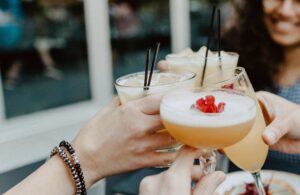



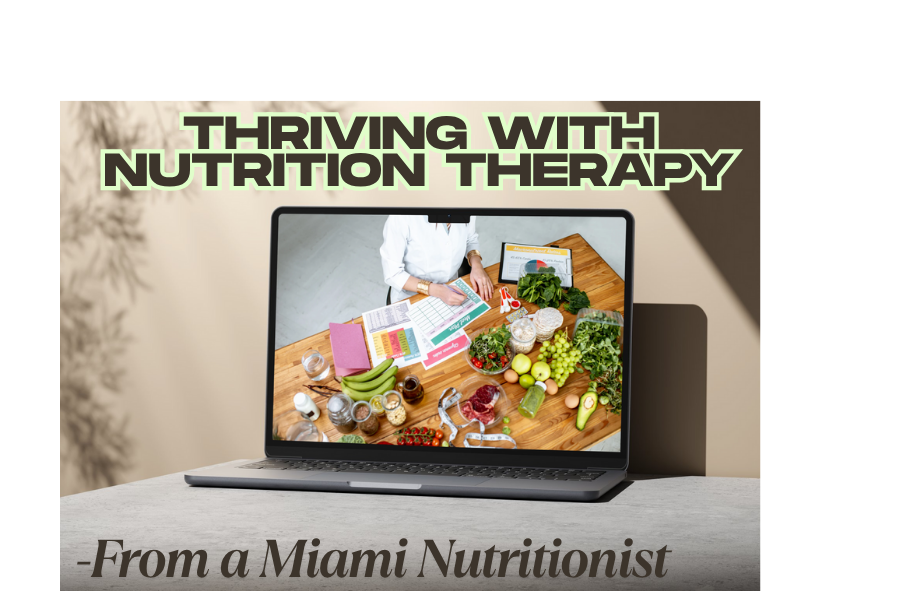
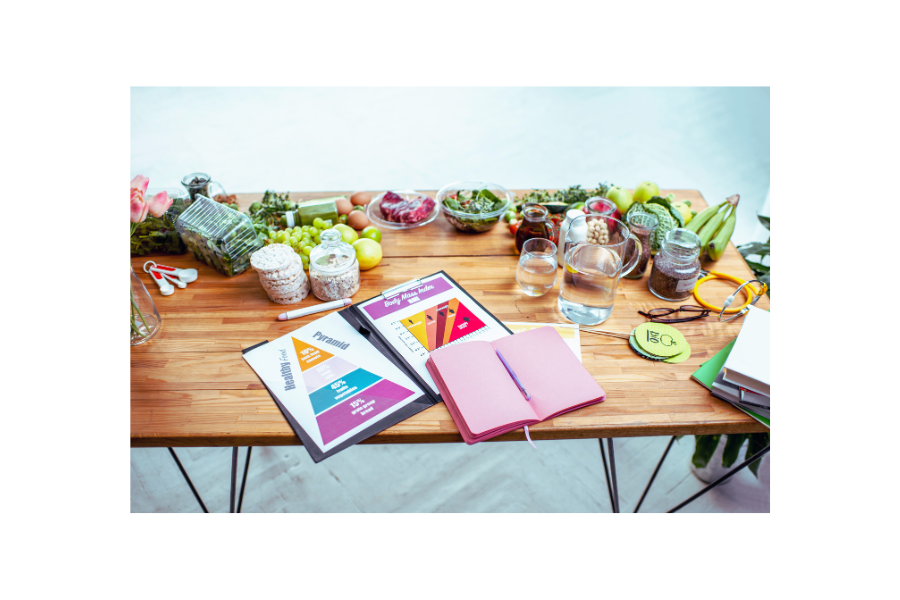 We proudly offers:
We proudly offers: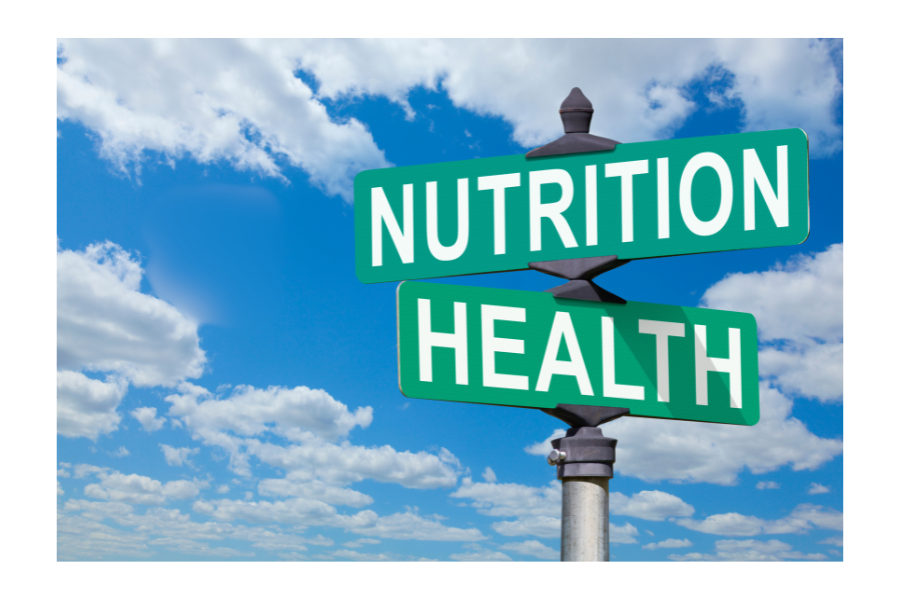 4. Start your Wellness Journey Today
4. Start your Wellness Journey Today
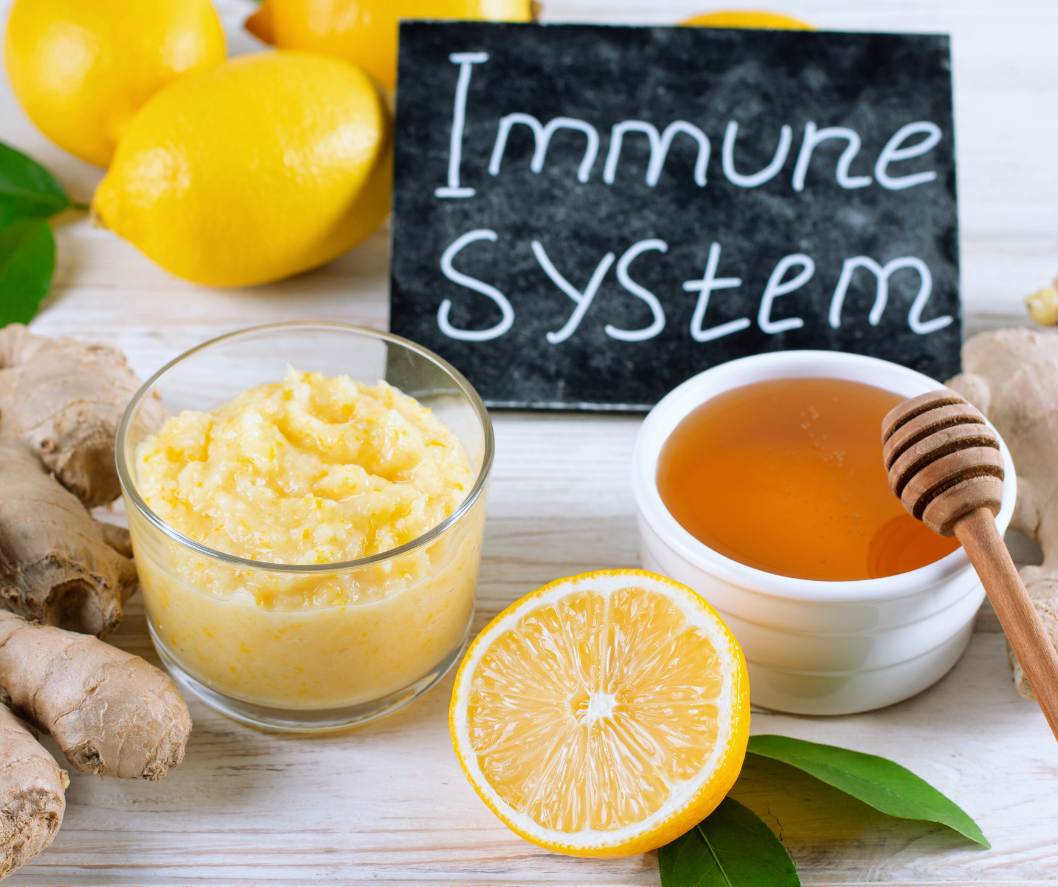 Here are some immunity-friendly ingredients to add to your plate:
Here are some immunity-friendly ingredients to add to your plate:










 er hand, lack one or more amino acids. Essential amino acids are ones that the body cannot create on its own and must obtain from food sources. Amino acids aid in muscle growth and repair, enzyme and hormone production, and immune and cell function and it’s important that we obtain all of them from our diet.
er hand, lack one or more amino acids. Essential amino acids are ones that the body cannot create on its own and must obtain from food sources. Amino acids aid in muscle growth and repair, enzyme and hormone production, and immune and cell function and it’s important that we obtain all of them from our diet. ds, it just means finding a way to enjoy them in moderation. For example, if you love pasta, try having a smaller serving of
ds, it just means finding a way to enjoy them in moderation. For example, if you love pasta, try having a smaller serving of 


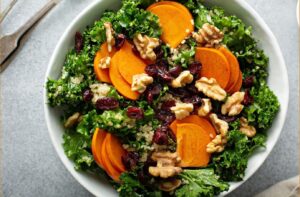
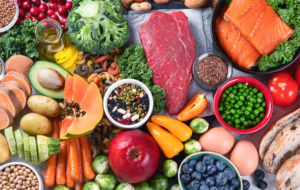

 Enjoy the Holidays
Enjoy the Holidays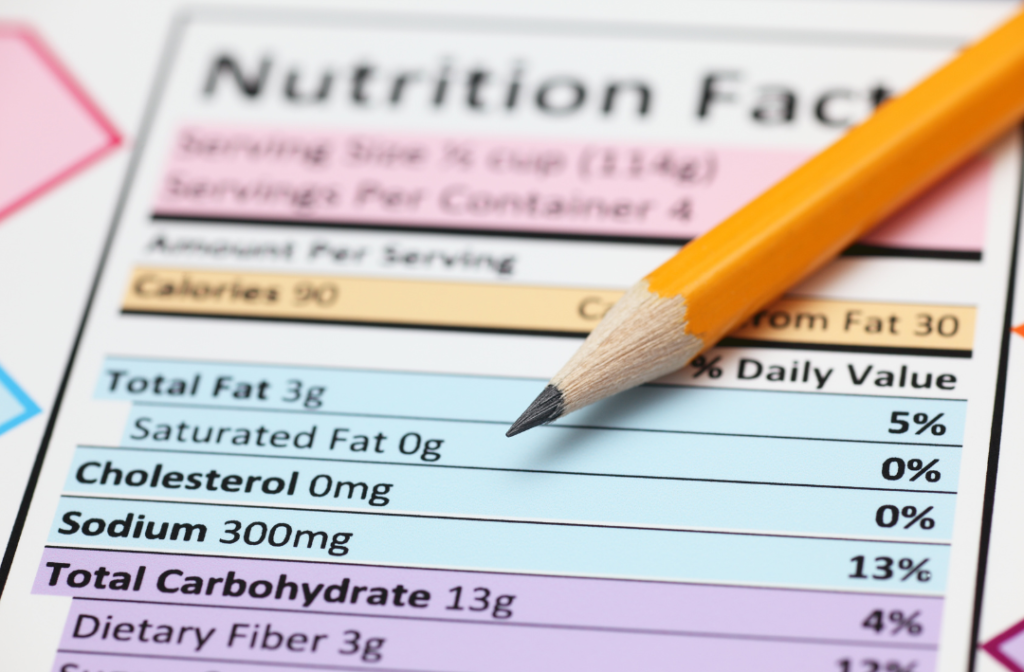
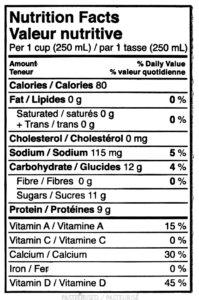 Macronutrients
Macronutrients Special Claims and Food Label Terms
Special Claims and Food Label Terms